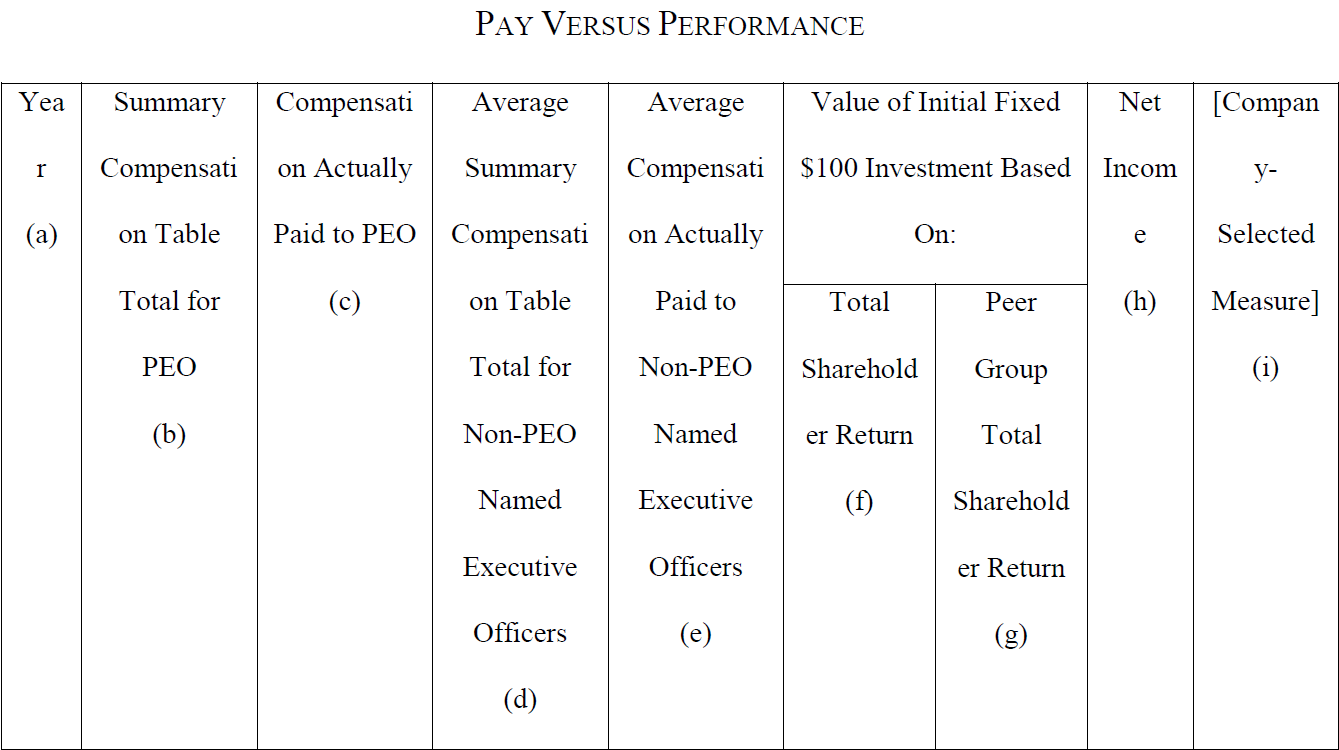How should the chief executive officer (CEO) respond to the host of internal and external challenges facing their business? In this Forbes article, Michael Peregrine suggests the CEO adopt a mindset rooted in rational confidence in the company’s future and in the leadership’s decision-making.
read more


 Subscribe
Subscribe





